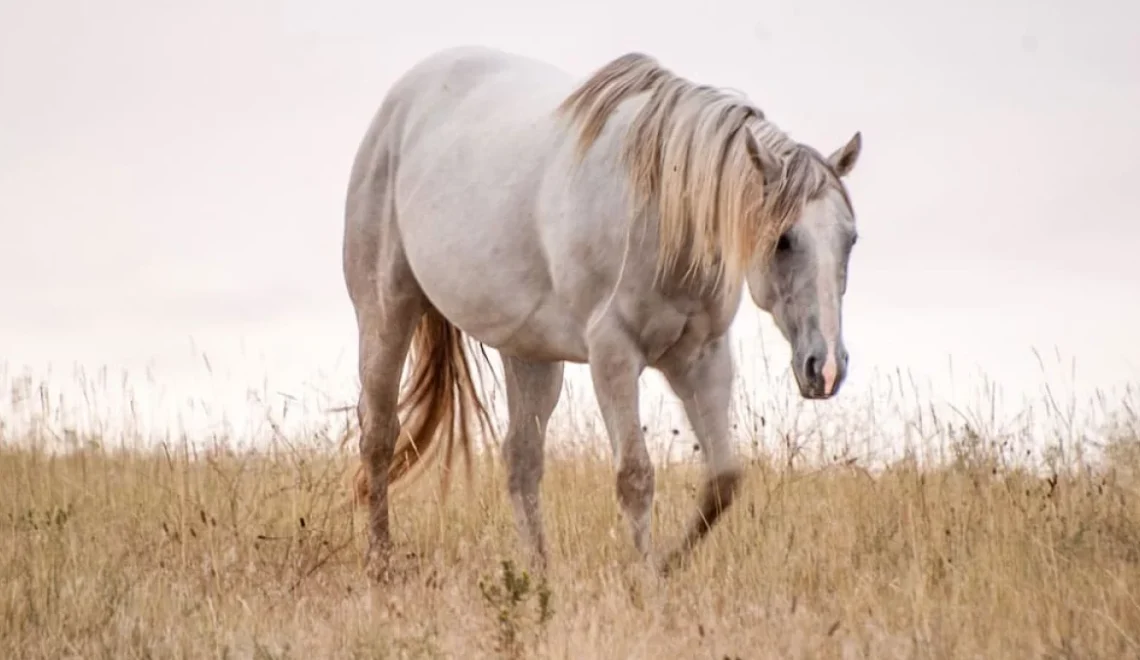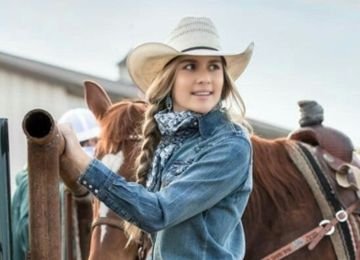
Secrets Behind Horse Lifespan: How Long Do Horses Live
Horses have captured our hearts for centuries with their elegance, strength, and companionship. But for horse owners and enthusiasts, one question looms large: How long do horses live? This is more than a curiosity—understanding a horse’s lifespan helps ensure these majestic creatures live their happiest, healthiest lives. Let’s dive into the details of how long horses can live, the factors influencing their longevity, and how to maximize their time with us.
Also, Check Out: The Ultimate Guide to Horse Hay Prices Across the U.S
Table of Contents
Understanding the Lifespan of Horses
The average lifespan of a horse ranges between 25 and 35 years, with some exceptional individuals living well into their 40s and beyond. Factors like breed, size, genetics, and care play a critical role in determining how long horses live for. Interestingly, ponies often live longer than larger horses, and some breeds, like Arabians, are renowned for their longevity.
Notable Cases of Long-Lived Horses:
- Old Billy: A British horse that lived to the age of 62, setting a historic benchmark.
- Shayne: An Irish Draught-Thoroughbred mix, who reached 51 years.
- Orchid: A 50-year-old Arabian cross that wowed equine lovers with her endurance.
Factors That Influence How Old Horses Live
1. Breed and Size
Smaller horses and ponies tend to live longer. For instance:
- Arabians: Known for their stamina and long lives.
- Draft horses: Often have shorter lifespans due to their size.
2. Genetics
Good breeding can set the foundation for a long, healthy life. Conversely, inherited conditions might predispose some horses to shorter lifespans.
3. Diet and Nutrition
Proper nutrition is a cornerstone of a horse’s well-being. Balanced diets rich in essential nutrients can prolong a horse’s life and vitality.
4. Healthcare
- Regular veterinary checkups: Early detection of ailments like colic or laminitis can prevent complications.
- Dental care: Aging horses often need specialized dental care to maintain their quality of life.
5. Environment and Exercise
- Adequate turnout time: Promotes physical and mental health.
- Regular exercise: Helps maintain muscle tone and joint mobility.
Challenges to Longevity
Unfortunately, health issues are a leading cause of early euthanasia in horses. Diseases like colic, laminitis, and arthritis can severely impact an aging horse. Soundness problems, such as lameness, often become more pronounced with age, reducing their quality of life.
How Owners Can Help:
- Be vigilant about any changes in behavior or appetite.
- Invest in preventive care and maintain an emergency fund for unexpected medical expenses.
The Emotional Connection
Horses are not just animals; they are family. Cherish every moment spent with your equine companion. While science and care go a long way, the bond shared between humans and horses adds immeasurable value to their years.
Final Thoughts
How long can a horse live? The answer depends on a mix of factors—but with love, proper care, and attention to detail, horses can enjoy a rich and rewarding life. Remember, every day spent with your horse is a gift worth treasuring.









